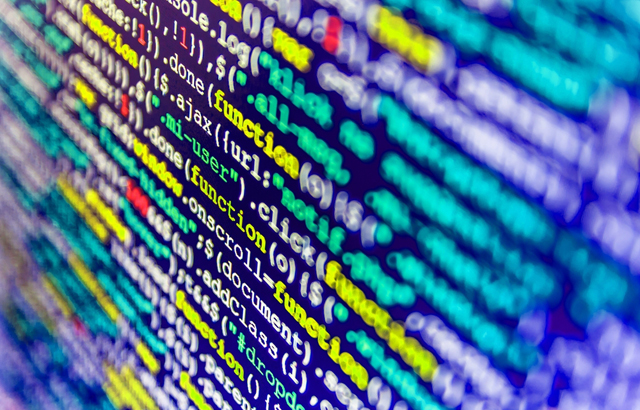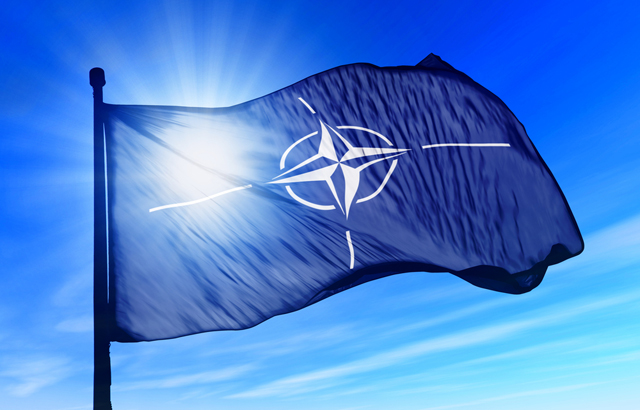There is nothing quite like the Summer Olympic Games. Often described as one of the greatest sports events in the world, the spectacle of this historic sporting extravaganza, in terms of the pomp of the ceremony to the amazing feats achieved by the athletes, makes for captivating viewing.
In the spirit of this year’s event, which is being held in Rio de Janeiro, we thought we’d host our own little information security Olympic Games. Here are some standout moments.
1. Gold for shot put - Muscular data backup
Ransomware’s rapid rise in recent years has been reflective of its desire to secure its place in ‘cybercrime athletics history’ and its aggressiveness has been instrumental in making it a contender for this category. However, the sheer power and effectiveness of a data backup meant ransomware had no real chance of winning first place.
2. Gold for long jump - Complex passphrases
This prestigious medal was secured by passphrases that are long, complex and easy to remember. It has set a new standard in ‘long jump security’ that will be hard to beat in the coming years, meaning we can’t imagine easy passwords competing at this level again. We can all live with that.
3. Gold for high jump - Solid encryption

It is no surprise that encryption has long been vying for the top prize in this event. While there are some that doubt its talents, others have rightly recognized its potential. At these games, it leaped further than ever before, setting a new record. We predict that this security athlete is going to be a dominant force.
4. Gold for 100 meters hurdles - Proactive social media
Social media had it easy when it started out – cybercrime was not a major competitor, meaning it was able to dominate this sporting discipline relatively unchallenged. However, the latter has been busy stepping up its game and it’s now a serious threat. Nevertheless, social media picked up some top tips, helping it overcome the many ‘cyber hurdles’ in its way.
5. Gold for 100 meters sprint - Responsive Nato

Cyberattacks have busy working out in the ‘digital gym’ and, in turn, have become faster, stronger and more sophisticated. Luckily, Nato picked up on this, speeding up its cyber responsiveness. A well-deserved gold for the ‘100-meter cyberdefence sprint' – it’s got a bright future ahead of it.
So, there you have it, an event to remember. There was a mix of highs and lows, some unexpected twists and turns, and lots of moments that have stopped us in our tracks. When it comes to the next Olympic Games in Tokyo, 2020, let’s hope that information security continues to succeed across the board and leave cyberthreats in last place eating cyber dust.




